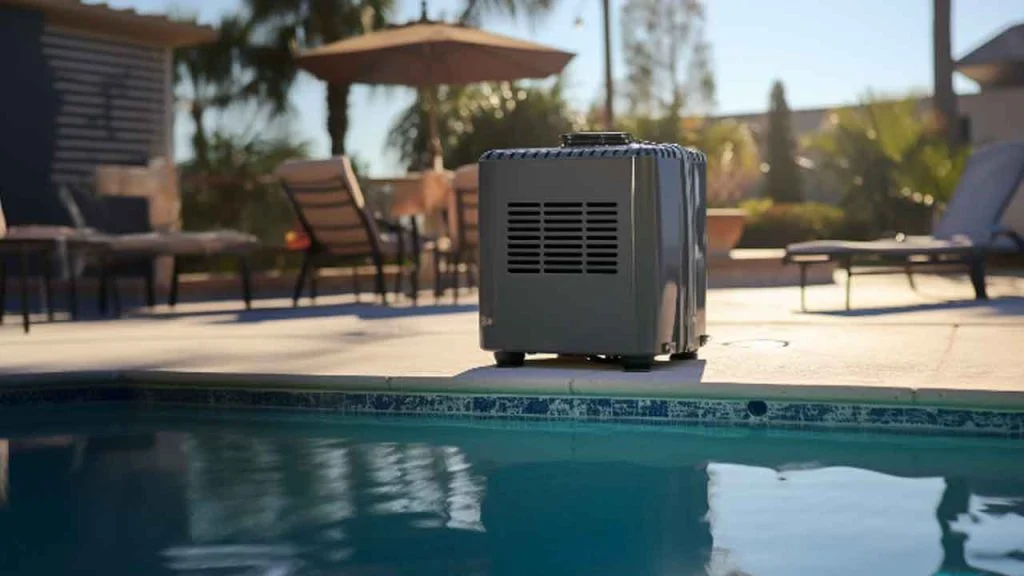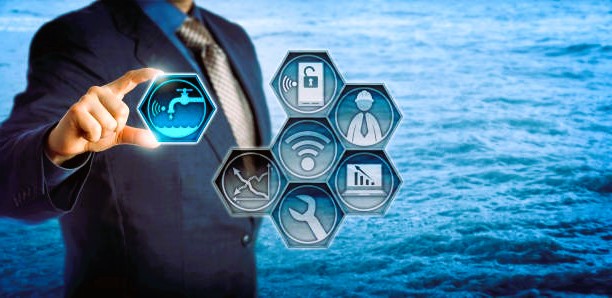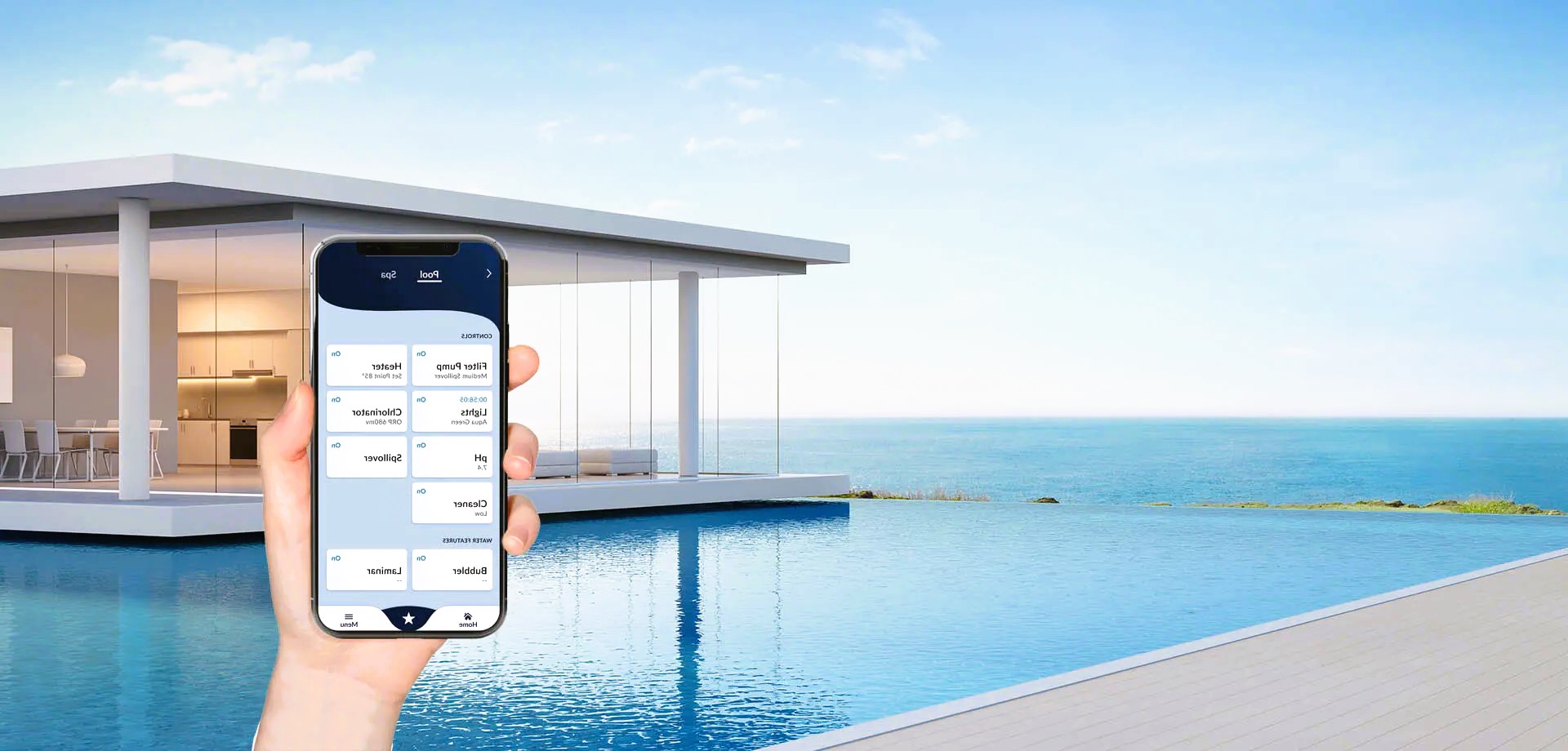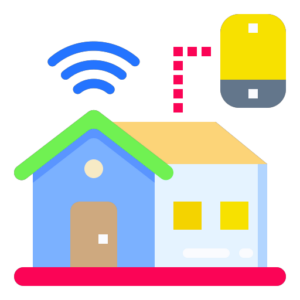The integration of smart home technology into various aspects of daily life has reached new heights, and one area where it has made significant strides is in pool automation. A smart home system for pools goes beyond traditional pool management, offering a range of features that enhance convenience, efficiency, and overall enjoyment. In this exploration, we will delve into the world of smart home systems tailored for pools, exploring the advantages of automation and how it transforms the pool ownership experience.
1. Automation of Pool Maintenance: Effortless Water Care
Features: One of the primary advantages of a smart home system for pools is the automation of maintenance tasks. Smart pool systems can monitor water quality in real-time, adjusting chemical levels as needed. This automation ensures that pool water remains balanced, reducing the manual effort required for testing and adjusting chemical levels.
Advantages:
- Consistent Water Quality: Automated chemical dosing maintains consistent water quality, promoting a safe and enjoyable swimming environment.
- Reduced Maintenance Burden: Pool owners can spend less time on manual water testing and chemical adjustments, as the smart system handles these tasks automatically.
2. Energy-Efficient Pool Equipment: Optimal Resource Management

Features: Smart home systems for pools often include energy-efficient equipment such as variable-speed pumps, energy-efficient heaters, and LED pool lights. These devices can be programmed to operate during off-peak hours or adjusted based on energy demand, contributing to overall energy savings.
Advantages:
- Lower Energy Costs: Energy-efficient pool equipment helps reduce energy consumption, resulting in lower utility bills.
- Environmental Impact: Optimal resource management aligns with eco-friendly practices, reducing the pool’s environmental footprint.
3. Remote Pool Control: Anytime, Anywhere Access
Features: Smart home systems enable remote control and monitoring of pool functions through smartphone apps or web interfaces. Pool owners can adjust temperature settings, turn on lights, and even schedule cleaning tasks from anywhere with an internet connection. How smart homes improve energy efficiency, read our tips and tricks.
Advantages:
- Convenience: Remote control provides convenience, allowing pool owners to manage and monitor pool functions without being physically present.
- Vacation Mode: Pool owners can set their systems to vacation mode, ensuring efficient operation and energy conservation when the pool is not in use.
4. Automated Pool Cleaning: Robotic Efficiency
Features: Robotic pool cleaners, integrated into smart home systems, offer automated and efficient cleaning. These devices navigate the pool, scrubbing walls and floors, and capturing debris. Some models can be scheduled for regular cleaning sessions.
Advantages:
- Efficiency: Robotic pool cleaners provide thorough cleaning, reaching areas that traditional cleaning methods may miss.
- Time Savings: Pool owners save time and effort by automating the cleaning process, ensuring a consistently clean pool.
5. Pool Security and Safety: Smart Monitoring
Features: Smart home systems for pools often include security and safety features such as pool alarms, gate sensors, and surveillance cameras. These devices enhance pool safety by alerting homeowners to unauthorized access or potential hazards.
Advantages:
- Enhanced Safety: Pool alarms and sensors contribute to a safer pool environment, reducing the risk of accidents.
- Peace of Mind: Surveillance cameras allow homeowners to monitor pool activities remotely, providing peace of mind.
International Standards in Pool Technology:
The International Organization for Standardization (ISO) plays a crucial role in developing and maintaining standards related to pool technology. These standards cover aspects such as pool water quality, safety features, and energy efficiency, ensuring that smart home systems for pools adhere to globally recognized benchmarks.
For more information on international standards related to pool technology, you can refer to the ISO website.
6. Customizable Pool Experiences: Personalized Settings
Features: Smart home systems allow for the customization of pool experiences. Users can create personalized settings for lighting, water features, and temperature, tailoring the pool environment to suit different occasions or moods.
Advantages:
- Entertainment: Customizable settings enhance the overall entertainment value of the pool, creating an immersive experience for gatherings or special events.
- Wellness and Relaxation: Tailored settings contribute to a relaxing and therapeutic pool environment, promoting overall well-being.
7. Water Conservation: Smart Resource Utilization

Features: Smart pool systems can contribute to water conservation by optimizing water circulation and reducing unnecessary water loss. Automated features, such as water level sensors, help prevent overflows and leaks.
Advantages:
- Sustainable Practices: Water conservation aligns with sustainable practices, reducing the environmental impact of pool ownership.
- Cost Savings: By preventing water waste, pool owners can save on water costs and contribute to overall resource efficiency.
Challenges and Considerations:
While smart home systems for pools offer numerous advantages, there are considerations to keep in mind:
- Initial Cost: The upfront cost of implementing a smart home system for pools, including compatible equipment and devices, may be a significant investment.
- Compatibility: Ensuring compatibility between different smart devices and systems is crucial to achieving seamless integration and optimal performance.
- Learning Curve: Pool owners may need time to familiarize themselves with the features and operation of smart home systems, especially if they are new to automation technology.
- Maintenance and Updates: Regular maintenance and software updates are essential to ensure the continued functionality and security of smart home pool systems.
Conclusion: Transforming Pool Ownership
In conclusion, a smart home system for pools represents a transformative approach to pool ownership, offering a host of advantages that enhance convenience, efficiency, and overall enjoyment. From automated maintenance and energy-efficient equipment to remote control and customizable experiences, smart pool technology has redefined the way we interact with and care for our pools.
As the industry continues to evolve, adherence to international standards ensures that smart home systems for pools maintain a high level of reliability, safety, and sustainability. By leveraging the benefits of automation and smart technology, pool owners can not only streamline maintenance tasks but also create a personalized and eco-friendly pool


